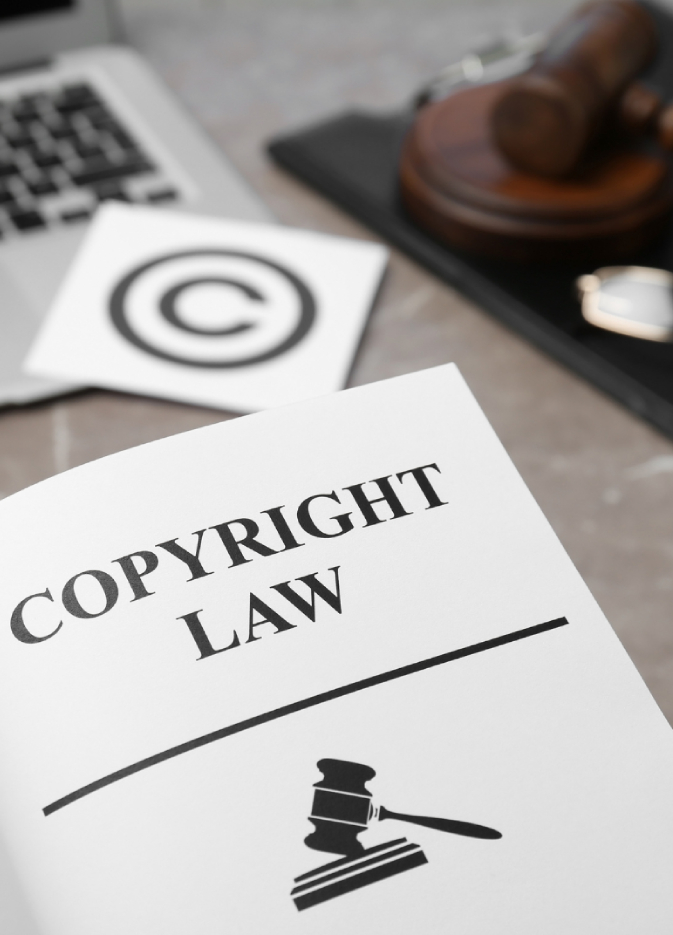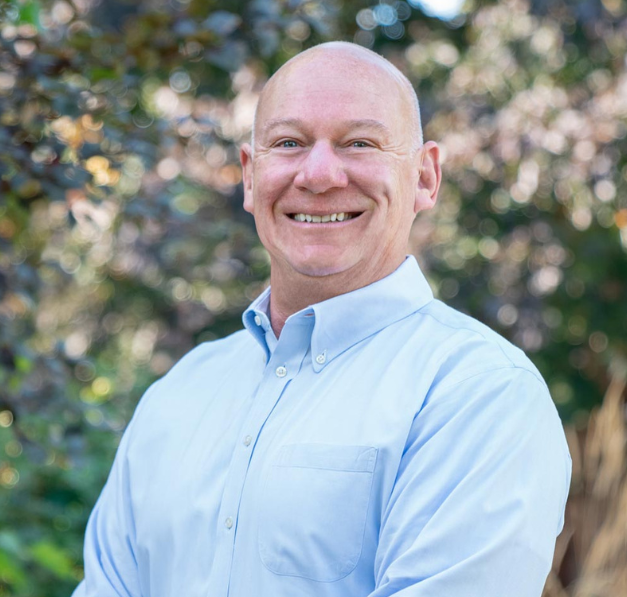Copyrights
As a dedicated attorney specializing in copyright law, my professional narrative revolves around championing the creative spirit and safeguarding the intangible treasures of artistic expression. Some examples of things you would need copyrights for include:
- Creative Works
- Music
- Movies
- Art / Digital Designs


MY approach TO Copyrights
Navigating the intricate nuances of copyright law, I find fulfillment in assisting creators, whether they are authors, musicians, or visual artists, in securing and enforcing their intellectual property rights. Crafting comprehensive copyright registrations and providing strategic legal counsel, I am committed to empowering my clients to navigate the dynamic landscape of the creative industry.
Each case is a unique canvas, requiring a blend of legal acumen and an understanding of the creative process. From negotiating licensing agreements to defending against infringement claims, I thrive on the challenges posed by this ever-evolving field. Being a guardian of artistic endeavors, I take pride in contributing to a world where originality is not only celebrated but also legally protected, fostering a culture that values and respects the fruits of creative labor.
Frequently asked questions:
Free
Consultation
I like to meet
Face 2 Face
Meeting face-to-face with each of my clients is a priority for me. The patent journey is often long and complex, and understanding each other is crucial for success.
By getting to know you and your vision, I aim to ensure we are always on the same page. Your patent journey should be uniquely yours, taken your way. Together, we’ll navigate the patent process, making sure your journey is as rewarding as the destination.
- Free Consult
- 10+ Years Experience
- WE APPEAR WHEN YOU CAN’T
- YOU WILL NEED THE TOP LAWYERS
